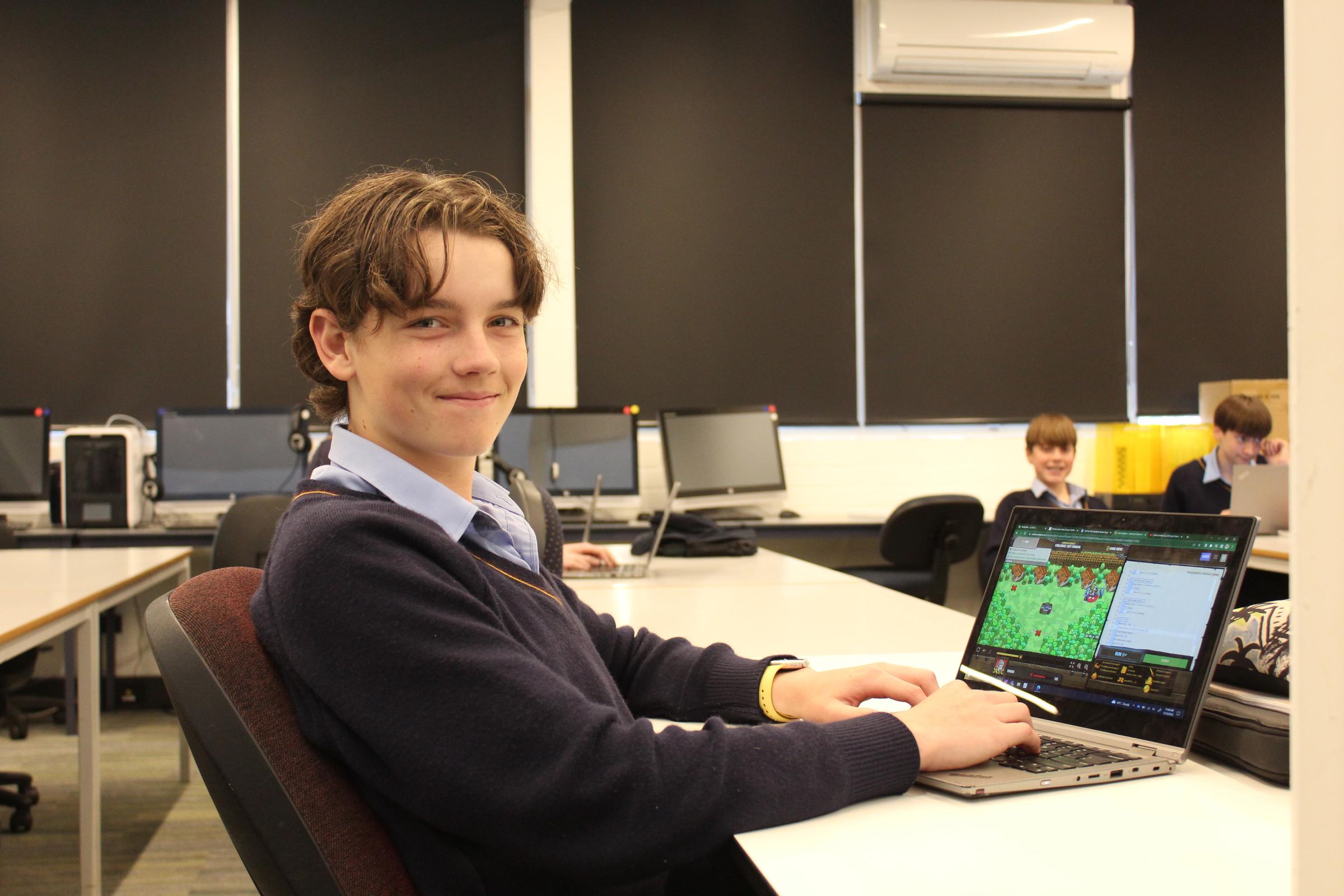Deputy Principal, Teaching and Learning

Read all about it: Tackling distractions to teaching and learning
The staff at The Hamilton and Alexandra College have started thinking about disruption to learning.
What are the things that stop students learning in an engaged and sustained way? What are the external factors that distract and change the course of learning? Likewise, how do internal factors contribute to our learning?
We all suffer from a distracted disposition. Some blame this burgeoning phenomenon on COVID and the fear of the unknown - and others have called out social media and technology for making us 'switched on' 24/7. The constant disruption to our time, the fragmentation of our concentration has had a profound negative impact on workflow and mental health of adults. So, it is no wonder that young people find it hard to concentrate at school too.
Nicholas Carr in his book 'The Shallows' (2010) argues that, "immersing myself in a book or lengthy article used to be easy…my mind would get caught up in the narrative or the turns of the argument…That's rarely the case now." As an educator I can attest to the fact that young people find it difficult to complete that deep sustained reading that used to be the norm; maybe this describes you as well.
Research from the UK in 2018 reported that people check their smartphone on average every 12 minutes. We have become victims of continuous partial attention syndrome - never switching off, always ready to move our attention to the next thing. So as teachers and parents we need to work together to support our young people to prepare well for their learning time, so that we can minimise distractions and disruptions to learning.
Last week at assembly I reminded students of the importance of being prepared for class and removing some of the potential distractions to their learning. It is easier to learn when students have locked their mobile phone in their locker, when students have the correct resources in class - notebook, textbook, pen, student record book and a fully charged laptop. Simply put, we can eliminate some of the disruptions to learning when we are prepared for learning.
An additional strategy that parents and guardians can use to help build up stamina in the classroom is to encourage students to read. We have an excellent library equipped with a range of book titles for Junior and Senior students. Regular reading for pleasure for a sustained period exposes students to new vocabulary, complex ideas, promotes critical thinking and engagement. If there is one thing you can commit to this year, it is to promote reading at home.
Susan Bradbeer
Deputy Principal, Teaching and Learning
